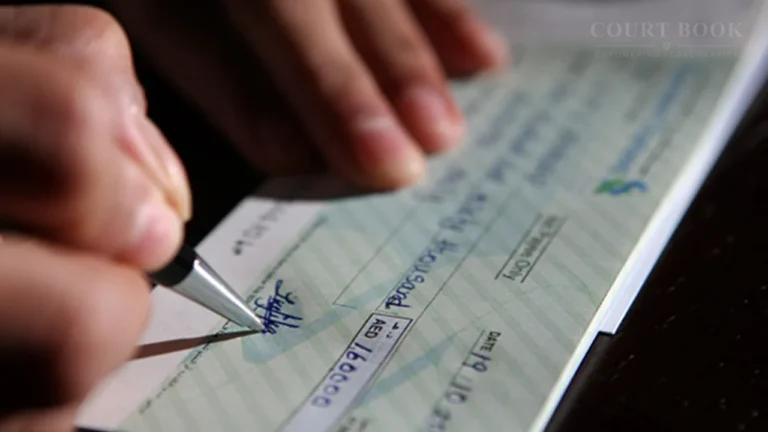The Kerala High Court has clarified that a manager of a firm cannot file or pursue a complaint in his personal capacity under Section 138 of the Negotiable Instruments Act, 1881, if the cheque in question was issued to the firm and not to him individually.
This ruling was delivered by Justice A. Badharudeen on 16th June 2025 while dismissing a criminal appeal (Criminal Appeal No. 968 of 2007) filed by K. Ramachandran, who was the manager of the Perinthalmanna branch of Kerala Roadways Ltd. The appeal challenged the trial court’s decision to acquit the accused, Gopi, in a cheque dishonour case involving a cheque of ₹65,000.
Read Also:- Bombay High Court Allows 25-Week Pregnancy Termination Citing Woman’s Mental Health and Social Circumstances
“The legal position is so clear that when a cheque is issued by a person in favour of a firm, company or concern, the ‘payee’ thereof is the firm, company or concern and the holder in due course is also the firm, company or concern, when the firm or company or concern alone is entitled to receive the money…”
— Justice A. Badharudeen
The trial court had earlier acquitted the accused on two key grounds:
- No legal notice was issued within the stipulated time.
- The complaint was filed by the manager in his personal capacity, even though the cheque was issued towards the firm, not towards any personal liability.
Read Also:- Delhi HC Allows Rajpal Yadav to Travel to Australia for Film Promotion Amid Legal Proceedings
While examining whether a manager can prosecute such a case in personal capacity, the High Court referred to relevant provisions under the NI Act including Sections 7, 8, 9, 138, and 142(1)(a). The court concluded that:
“The competent person to make a complaint under Section 138 is the ‘payee’ or ‘holder in due course’ of the cheque. In the case of firms, only the firm qualifies as the payee and not its manager individually.”
The Court emphasized that a firm can be represented by a legally authorized officer (like a manager), but the complaint must be made in the name of the firm itself, not in the officer’s personal name.
Read Also:- Delhi HC Seeks Response on Plea Against High CLAT-PG Counselling Fee, Refuses Interim Relief
Additionally, the Court clarified that only in the case of a proprietorship firm, the proprietor may personally file the complaint as he is the legal payee.
Applying these legal principles, the High Court upheld the trial court's verdict and dismissed the appeal, stating that the prosecution was legally unsustainable due to it being filed in the personal capacity of the firm’s manager.
“The petitioner, being the manager, would not come within the purview of definition of either ‘payee’ or ‘holder in due course’ since the amount is not personally due to the complainant.”
— Kerala High Court
Case Title: K. Ramachandran v. Gopi & Anr.
Appellant’s Counsel: Adv. M. Shaju Purushothaman
Respondents’ Counsel: Adv. P. Venugopal (for R2), Adv. Sheeba Thomas (Public Prosecutor)














